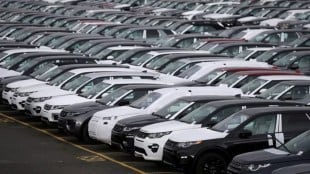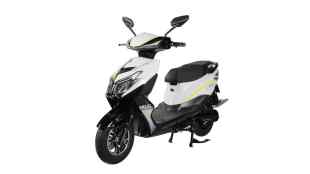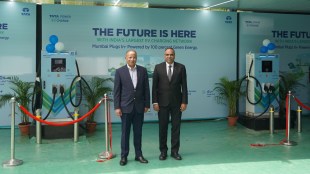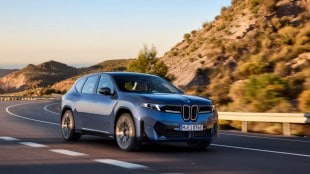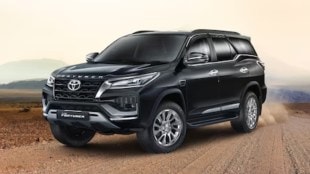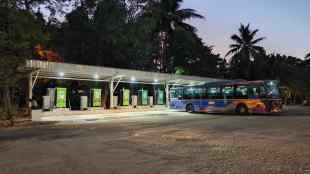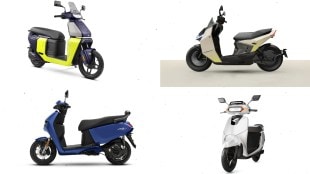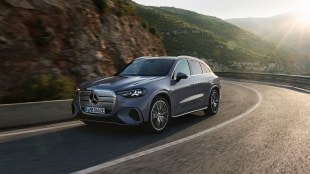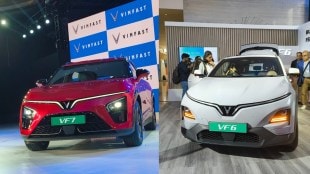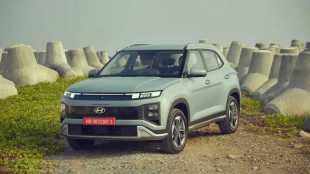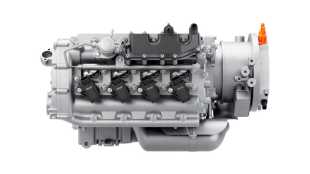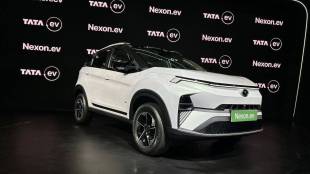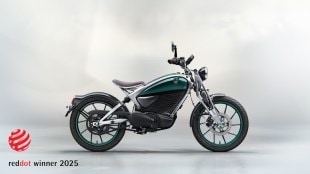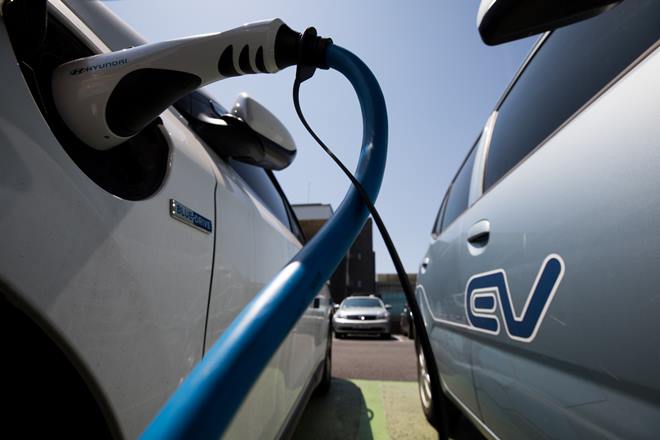
The domestic forging industry, despite being poised for a robust growth during the current financial year, was facing a threat following the Centre’s “renewed focus towards Electric Vehicles (EV),” an industry official said.”The introduction of EVs will have an adverse impact on the forging industry in the long run, as 60 per cent of forging units are into manufacturing auto components particularly engine and transmission related application,”
Association of Indian Forging Industry, President, S Muralishankar said here. Stating that the ‘internal combustion engines’ in automobiles have approximately 2,000 moving parts as compared to only 20 parts in electric vehicles, he said, “electric vehicles do not have engine and transmission parts completely.”
“It only comprises steering components, suspensions and axles out of the forged auto components. As a result, 40-50 per cent of demand for forged auto components would decline resulting in job losses and unit shutdowns,” he noted.The government needs to draw a clear road map towards electric vehicles, he said, adding, the need of the hour was to take “aggressive and assertive political action.”On the outlook for the current financial year, Muralishankar said, with the increase in sales of automobiles including commercial and tractors, the domestic forging industry was expected to “grow at more than 10 per cent.”
Quoting a SIAM (Society of Indian Automobile Manufacturers) report, he said, the passenger vehicles segment grew in April-May 2018 to 7.06 lakh units from 6.35 lakh units as recorded in same period of last year.”Indian forging industry is one of the key players in the auto-component manufacturing and a major contributor to the government’s ‘Make in India’ initiative. The growth in the new fiscal can be attributed to the surge in sales of vehicles,” Muralishankar said.
Noting that the exports of forging industry witnessed an increase in demand from Europe and North American markets, he said, “backed by the strong demands, the forging industry is likely to witness to a growth of more than 10 per cent in the new fiscal year.”
Watch our video on Mahindra’s Electric vehicles
The production of forgings, in 2017-18, was at 25.24 lakh metric tonne, with a turnover of Rs 31,189 crore which includes Rs 7,797 crore from exports.The total installed capacity of forging industry was 38.5 lakh metric tonne.
Top officials of the Association were here to announce the seventh edition of the ASIAFORGE MEET scheduled to be held here between 18 to 22, 2019.

